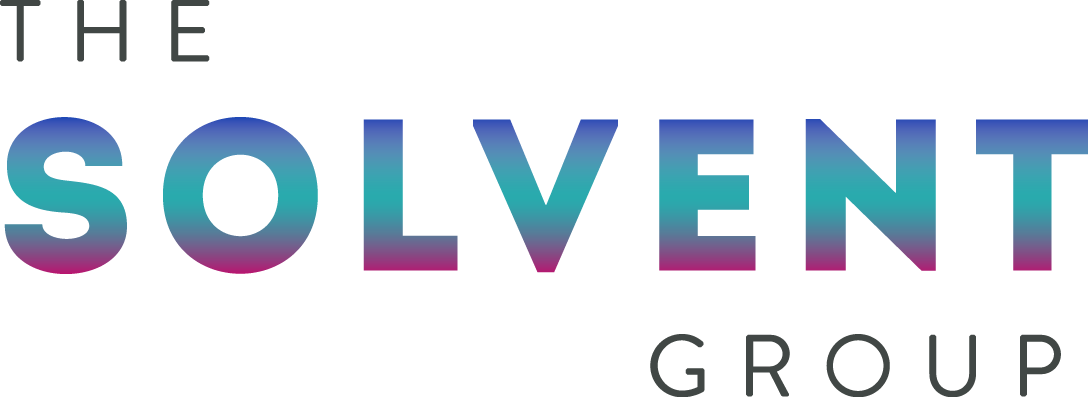Solvent Speaks
Writing is hard. We can make it easier.
You’re short on time, staff, and creative capacity. You have a monthly e-newsletter to write, a case for support to craft, and appeal segments on your short list. Oh, and that’s in addition to the donor follow-up calls you must make and the staff training that’s on the docket.
When time is of the essence, meaningful communication is the first to go. It takes time and care to write persuasively, which is why it’s a professional skill that will always be in demand, despite the abundance of AI and Grammarly tools flooding the marketplace. Whether you’re an executive director or a fundraiser, these shortcuts can elevate your communication (and lower your stress level).
1. Idea generation is hard for everyone; jot down ideas and return to them later.
When inspiration stalls, create an “idea bank” and return to it often. Create a running list of keywords, concepts, and perspectives on the notes app on your phone, or on a notepad on your desk. That amazing insight from a TED talk or observation from your grade-schooler may come in handy when you least expect it!
2. Edit, proofread, and make your favorite teacher proud.
Even if you don’t write for a living, well-crafted copy elevates your message. So before sending that email, drafting that board report, or writing that proposal, incorporate these smart editing hacks into your process. Print it out, or imprint it on your brain; either way, you’ll benefit!
Sometimes leaning in on what you already know is the best way to go forward.
3. Vary sentence openings and keep readers engaged.
Consistently starting sentences with words like it, as, therefore, he, and she becomes monotonous for a reader. Switch up your openers and keep your pacing upbeat.
Example:
Our Campaign for Excellence raised $100 million for student scholarships.
Revision:
The boldest fundraising campaign in our organization’s history, our Campaign for Excellence, raised $100 million in support of student scholarships.
4. Reading makes you a better writer.
Remember the READ posters that adorned your public library? The practice of reading improves your strengths as a writer, time and time again. Think about why you love reading a favorite author, or your go-to columnist. Their sentences are well-structured, their tone is engaging, and their approach draws you in every time. Think about the ways they craft narrative or create a space for inquiry, then try it for yourself.
5. Hire a professional writer to lighten the load.
The first three strategies outlined in this piece are daily practices within our team, so there’s another solution altogether: outsource your writing projects to a professional. Our Marketing and Creative team drafts copy that strengthens brand identities and inspires generosity every day. Whether it’s a case statement, a grant proposal, or a series of appeals, we have the marketing savvy and the passion to amplify your impact.
Whether you have other strategies to share, or you need professional writing support right away, contact The Solvent Group.
